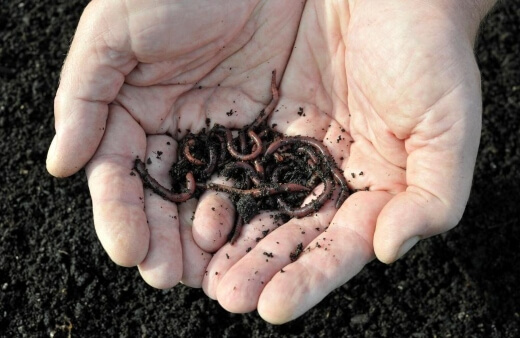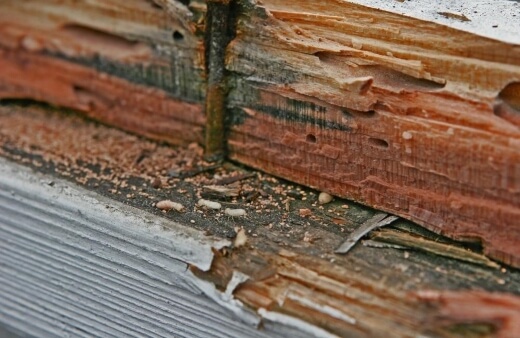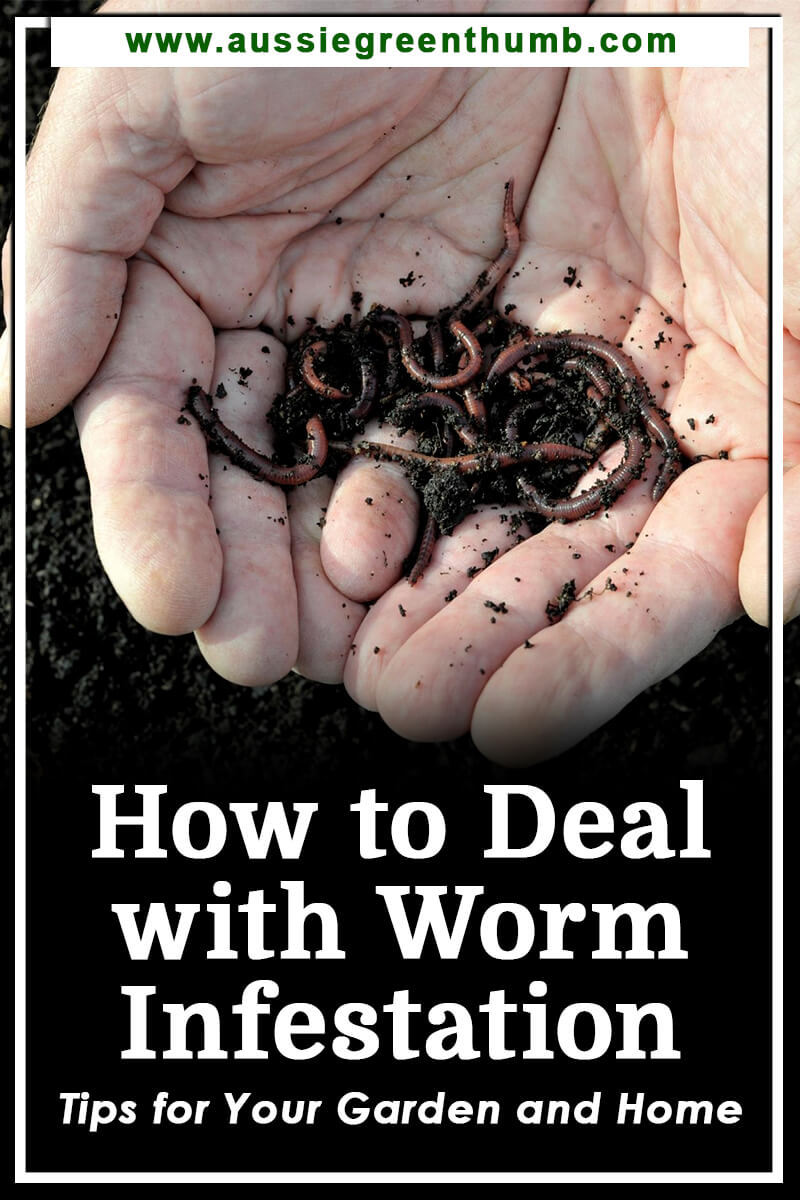Do you have worm infestation in your home? Summer rains are often fantastic for your garden. However, issues can arise when they start to bring some unwanted visitors to the surface.
While a few worms can help keep your soil healthy and support your plants, when it turns into an infestation and they start creeping into the nooks and crannies of your home, it can become unpleasant, to say the least.
So, what can you do to curb a worm plight? Here are a few tips that may help you deal with worm infestation in your home.
More...
Why Do Worms Appear After Rain?

It’s not uncommon for worms to find their way out of the soil after heavy rains. Worms need oxygen to breathe. After heavy rains, soils can become waterlogged, which forces the worms to head to the surface in order to get air.
Unfortunately, once they’ve reached the surface, they tend to head to somewhere warm and cosy for shelter – leading them straight into your home. It can quickly become unpleasant when they start to creep through vents, windows and under doors.
While one or two may not be a major issue, when they start invading in numbers, you may have a larger problem on your hands.
The issue is that warm and wet weather are ideal “worm hatching'' weather, which means that you could have had a worm-free spring, and after a few showers of rain, find yourself with a sudden infestation of a worm army.
Dealing With Worm Infestation in Your Garden

The first step to combating worms in the garden is understanding where they are coming from. Most often, you’ll need to look at your lawn and surrounding garden.
Flower beds that are heavily mulched or soil enriched with compost will automatically attract a lot of worms. Sure a few earthworms here and there are great to help aerate your soil, but it’s important to keep them in check.
Maintaining Your Lawn
There are a few ways you can continue to maintain a beautiful lawn and curb the potential for worms to reproduce beneath the surface. Firstly, avoid leaving any kind of leaves, mulch, debris or cut grass on top of the lawn.
Rake regularly to try and deter ideal breeding conditions. Ensure that all debris is disposed of properly in a designated compost heap or a trash bag. For easier composting, check out our review on the best compost bins available online.
Keeping your grass longer and thicker can also help, as it means that worms would be unable to traverse your lawn as quickly and make their way into your home.
Build Some Barriers to Restrict Worm Access

Another way to prevent worms from “escaping” is to put a few blocks and barricades in place, which can help to curb the number of worms being able to make their way to your patio and doors.
For example, landscaping bricks can be used to edge your lawn, flower beds, walkways and patios. In essence, blocking off worm access.
You may need to stack them slightly taller, but there are some really creative ways you can create borders while adding a decorative touch to your garden.
Garden fabric can also be used to restrict access. You could dig up 10 to 15 cm of soil around your garden or lawn, roll out some garden fabric and return soil and plants on top.
While it’s not a great option for areas with plants that have deep-reaching roots, it can work for smaller flower beds and lawns. Installing raised beds could also be a way in which you can regulate your soil and any invaders far better.
Grab Some Salt
Salt is, in essence, worm kryptonite. Due to the acidity, salt is a great way to kill off worms and to repel them from reaching certain areas. Of course, the issue is that in heavy rains, salt can quickly dissolve.
Consider using coarse or rock salt as it’s slightly larger and will likely not wash away as quickly. These can be bought in bulk and spread around the edges of walkways, around doors, patios and windows.
It can even be stuffed into crevices you think may be a weak spot for them to enter. Rock salt can also be bought in larger chunks which allow you to create nicer looking borders that won’t wash away after one rain.
How to Get Rid of Worms Inside the House

Once worms start moving (and dying off) indoors, it can become a vile situation. So, ideally, you’ll want to do what you can to keep them from coming in.
Of course, worms can be sneaky and squirm their way through nooks and crannies you didn’t even know existed.
Nonetheless, there are some proactive tactics you can use to try and keep them from slipping through the cracks.
- Start With Sealing Off. Worms will try to creep in wherever they can in their search for warmth. As such, it’s a good idea to try and cover as many open spaces as possible.
Fine mesh grates can be used to seal off air vents and windows. Rubber seals can be placed around and under doors and sliding doors to minimise gaps.
It’s also a good idea to check your home for any holes or cracks that may exist. - Try Some Copper Strips. Although copper strips are most often used to deter snails and slugs, they could be an effective way to deter worms too.
Copper strips can be placed around windows, at the base of walls or anywhere where you may be noticing worms slipping in. - Use Stronger, Scented Detergents. Strongly scented products can sometimes help to deter worms, too. Lemon, citronella, lavender, eucalyptus, neem and peppermint are all great options to infuse with your cleaning products.
And if you’re hoping for something stronger, reaching for a chlorine-free bleach can also do the trick. Consider cleaning before a major rain to make sure the strong scents are fresh.
Worm Infestation Too Much to Handle?
Unfortunately, if all of these tips don’t help your worm infestation issue, it may be time to consider calling in the big guns. An experienced, local pest controller may be able to help you find and treat the root cause of your worm issue.
Especially if your worm infestation is persistent, treating your entire home and garden with recommendations from pest control services maybe the only way. Be sure to opt for natural and organic solutions over harsh toxic chemicals.

Published on November 21, 2021 by Gary Clarke
Last Updated on October 25, 2023




